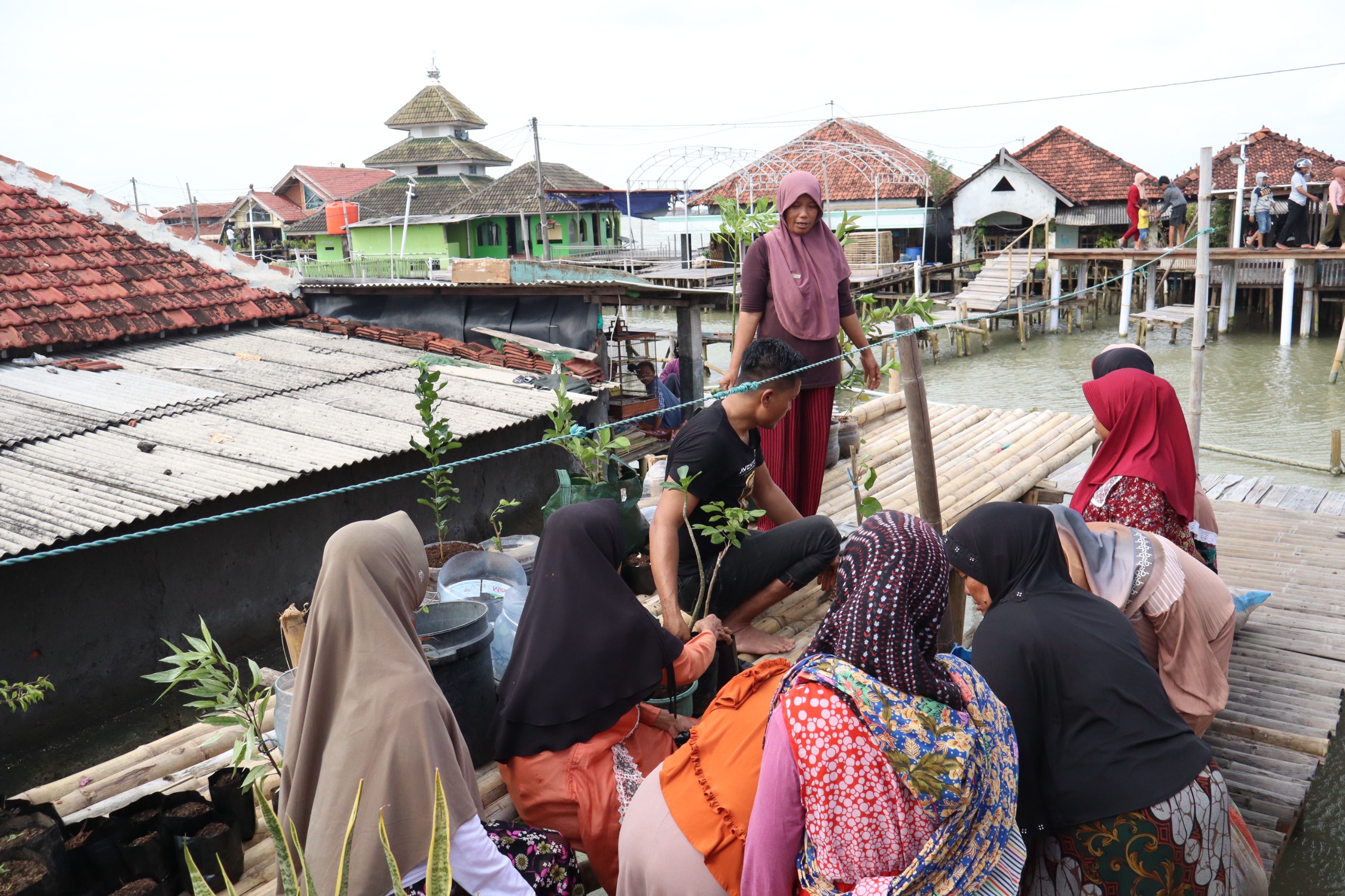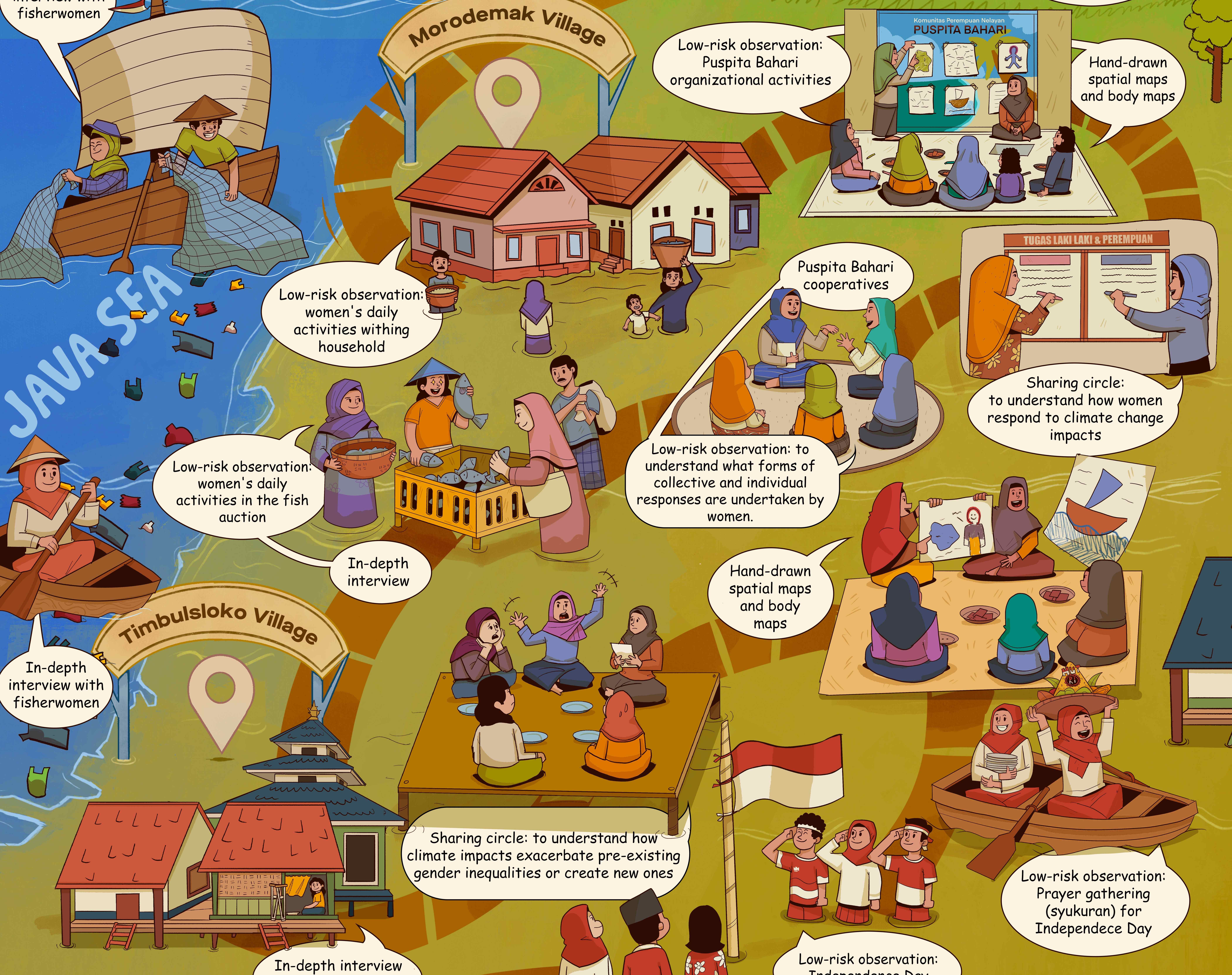
GENERATE’s Decolonising Gender and Climate Change in the Global South Workshop Series aimed to foreground the feminist perspectives, initiatives and mobilisations of gender and/or climate change researchers, practitioners and activists based in the Global South.
We brought together 54 presenters across four workshops (run with simultaneous translation on 9th Dec 2021, 20th and 27th January and 24th February 2022) that brought together gender and climate change researchers, practitioners and activists based in, or working on, the Global South.
Our objective was to provide an inclusive space for scholars and activists to come together to present their own understandings, priorities and responses to climate change and collectively explore and forge new trans/national solidarities.
We privileged local feminist epistemologies and struggles in our discussions about gender and climate change, and aimed to challenge dominant gender and climate discourses that: perpetuate a heteronormative male-female binary, perpetuate the marginalisation of Global South actors in climate change knowledge production and management, and neglect the intersectional pre-existing inequalities that shape vulnerabilities to climate change.
As the rich diversity of papers highlighted was that many inter/national and policy approaches to gender and climate change continue to propagate a one-size-fits-all approach, often failing to recognise and attend to the complexities of situated gender relations and power structures, much less push beyond a shorthand approach to gender as just women. It is these power structures that make the task of responding to climate change that much more challenging. As these workshops have demonstrated, however, there is a rich diversity of climate and environmental actions being led by grassroots communities that recognise and respond to long histories of gender and environmental injustices.
This brilliant collection of papers spotlights the important role that critical, decolonial and intersectional research can play in interrogating the very terms of the debate. What it means to be a woman or man, what gender means, how vulnerability, catastrophe, feminism, risk are defined, attributed and weaponised, and how such categories are conceptualised – and more pertinently applied and utilised.
The papers highlight the importance of acknowledging the long legacies and ongoing effects of colonialism as well as contemporary conflicts, the value (and neglect or exclusion) of indigenous knowledge systems and ontologies, local feminist theories and terms that root gender transformative work in local power relations and histories.
Presenters drew attention to questions of energy access, disaster response, food sovereignty, decolonising consumption, reproductive imperialism, ‘smart’ economics, land ownership and dispossession, gender-based violence, donor and funder complicity, housing and emergency urbanism, militarised masculinities, mental health, the relationship between patriarchy and oil and other natural resources, administrative violence, who bears the cost of clean energy and economic development projects, and indeed, the costs of struggles for justice.
What nearly all papers shared in common was a foregrounding of grassroots voices, and a centering of women – and minorities-led responses to climate change, disasters and environmental justice. Resistance, too, was a key uniting theme, as well as a commitment to working with communities and stakeholders to facilitate open, inclusive and equitable research.



